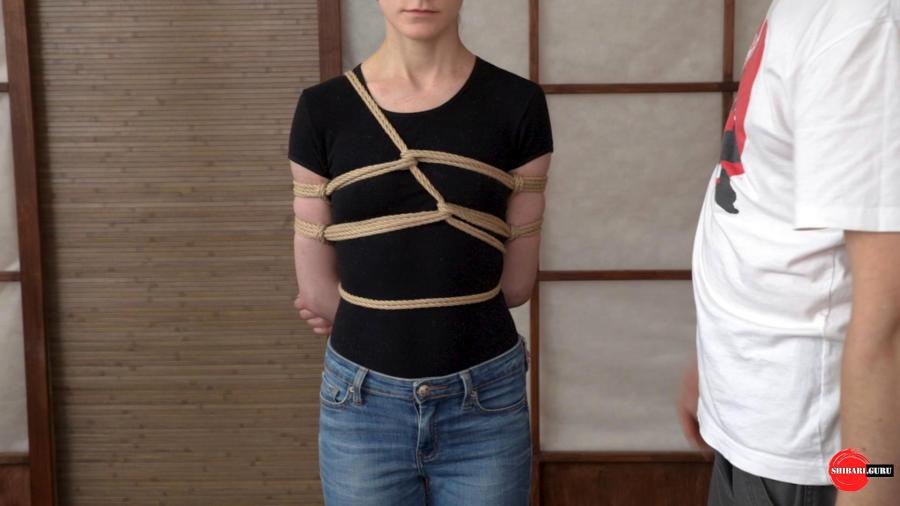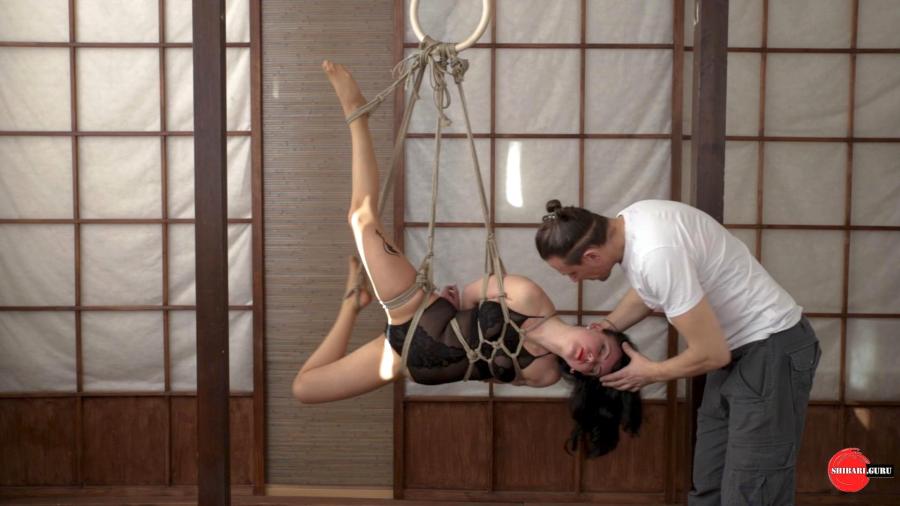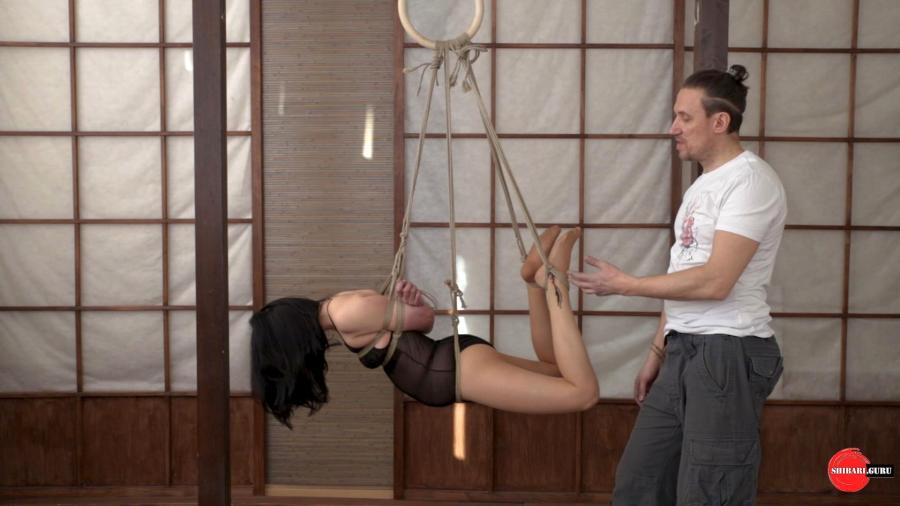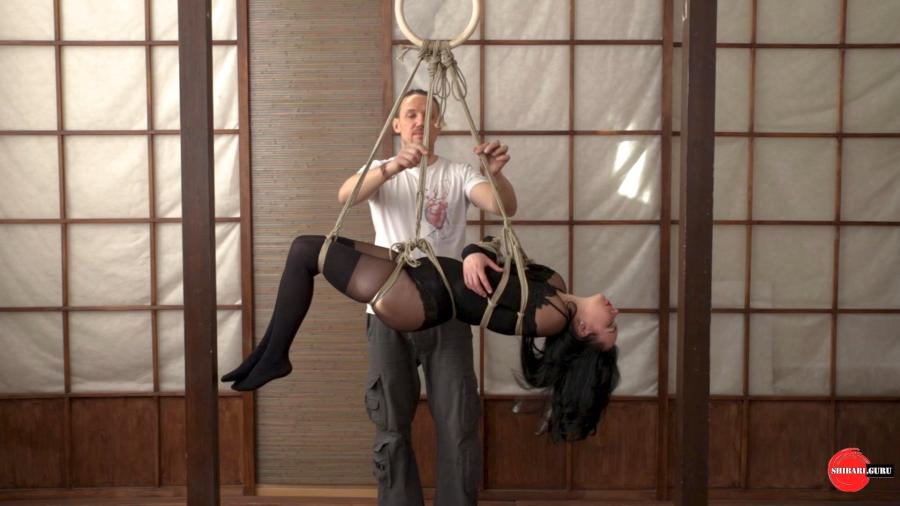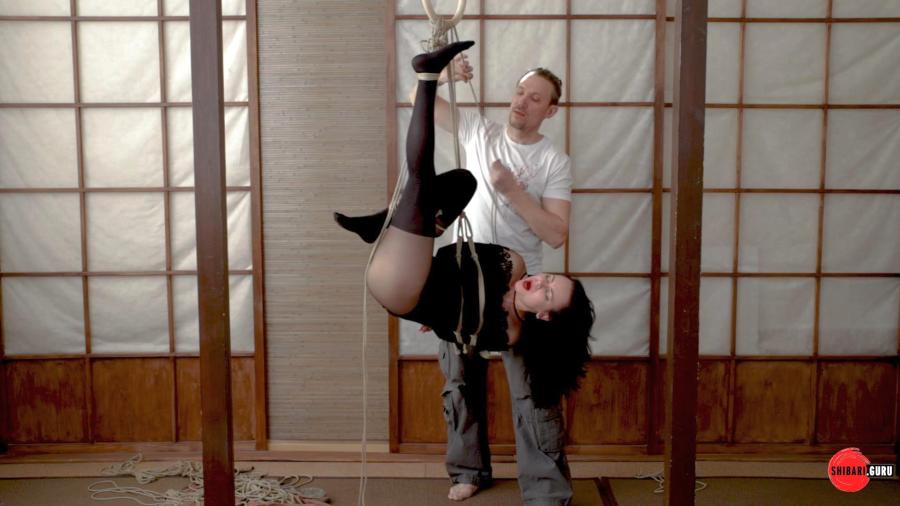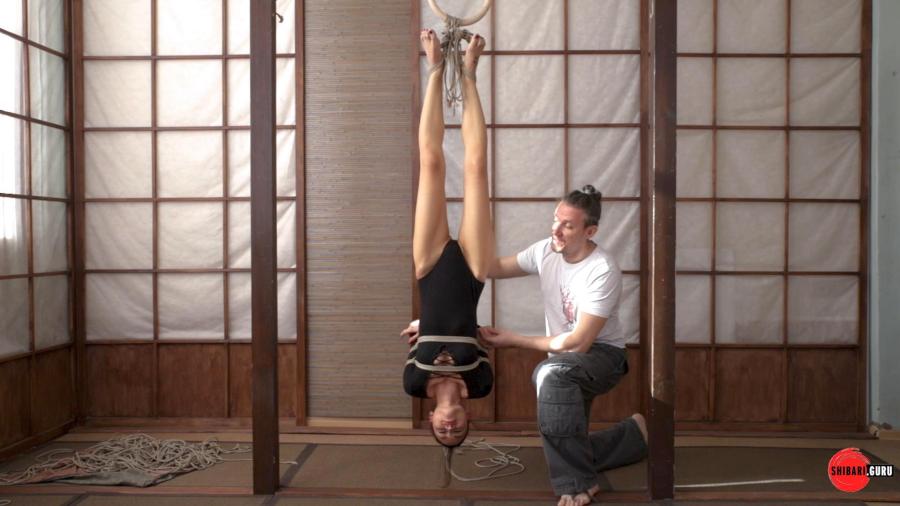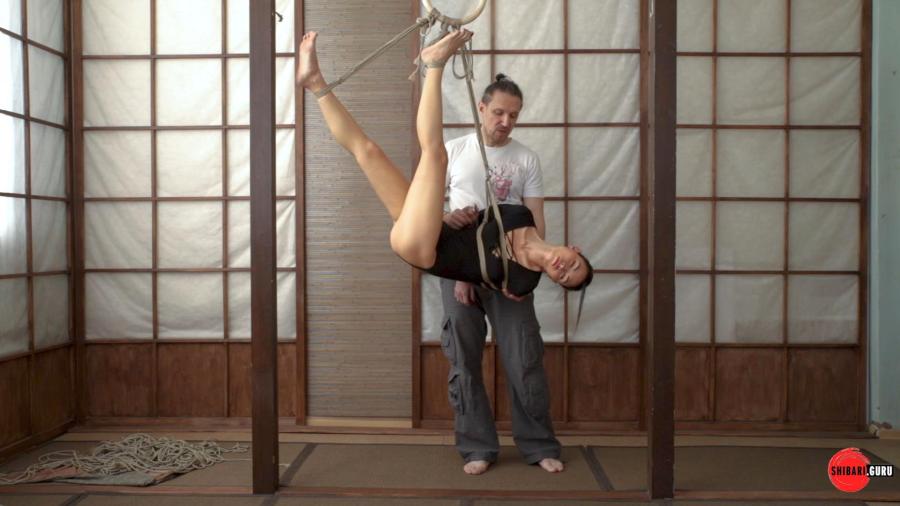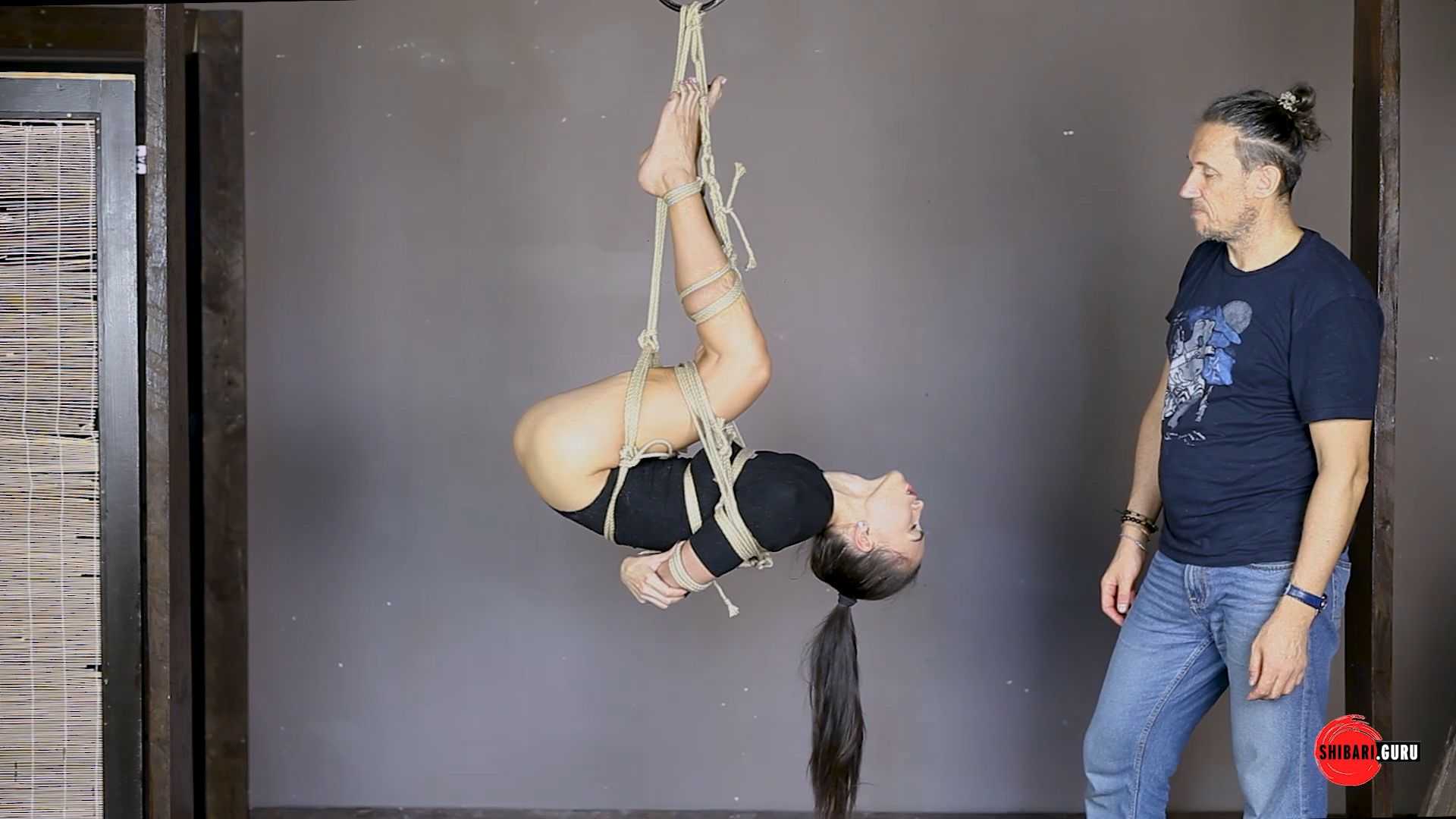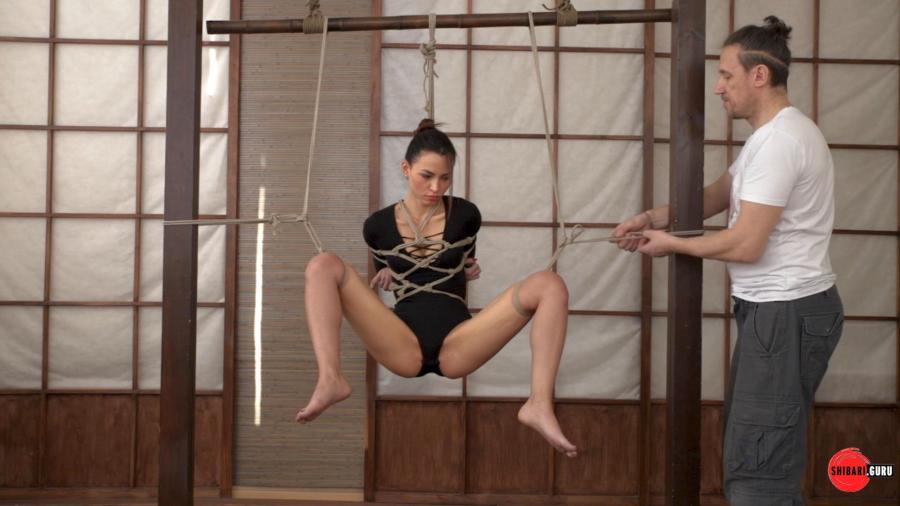Custom chest harness: Quick release TK
Quick release TK shibari pattern.
In this lesson, I propose to learn a harness that is removed with one movement of the hand. The basis of the harness is a rope that goes from the hands and becomes the core on which work tours are always typed in the opposite direction. When the harness is ready, just pull out the “rod” and the circuit breaks up, freeing the model. Using this system, you can build strapping in other places of the model.

 Русский
Русский